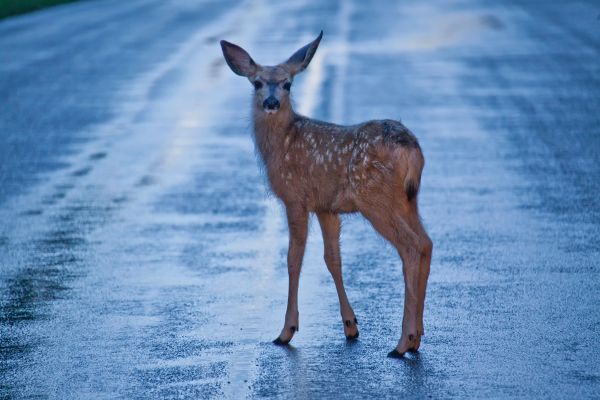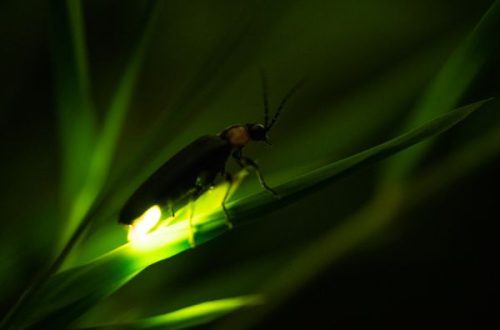
Wildlife Rehabilitation
A blur of motion, the squeal of brakes, and a fawn sprawls on the asphalt. She is dazed, injured, unable to run. What will happen to her? Too often wild animals become the victims of human actions. Many die, but some will be rescued and cared for by a wildlife rehabilitator.
Wildlife rehabilitators provide food, shelter, and skilled care to ill, injured, and orphaned wild animals. Once the animals have recovered (or matured) sufficiently to survive on their own, they are released into suitable habitat in the wild.
If you find an injured or orphaned wild animal, please contact a wildlife rehabilitator for assistance. Check these resources to find someone in your area:
National Wildlife Rehabilitators Association
International Wildlife Rehabilitation Council
Animals that are permanently disabled, or otherwise unable to survive in the wild are considered non-releasable. These animals are often kept in captivity as ‘animal ambassadors’ that represent their species in educational programs for the public. Non-releasable animals may also be used as foster parents for orphans of their species. In some instances, disabled animals that would have a low quality of life in captivity are humanely euthanized.
Wildlife rehabilitators (rehabbers) are certified by the International Wildlife Rehabilitation Council (IWRC) after satisfactorily completing a class in Basic Wildlife Rehabilitation. Rehabbers must also obtain permits from the U.S. Fish and Wildlife Service and their state fish and game agency. Local areas may also have permit and zoning regulations that apply to wildlife rehabbers. Some states restrict the rehabilitation of certain species, or prohibit rehabilitation entirely.
Animals are usually referred to a wildlife rehabber by animal control agencies, fish and game agencies, veterinarians, or by the public. Individuals who find an ill, injured, or orphaned wild animal should contact a local wildlife rehabber for advice immediately. A wild animal should never be captured or handled without expert guidance, as they may cause injury or transmit disease.
Many animals that appear to be orphaned actually have a parent animal near by and should be left alone. Attempting to raise an orphaned wild animal without the proper training, knowledge, and resources usually results in death for the animal, or at best a lifetime in captivity. Wildlife rehabbers have the skills to raise an orphaned animal to healthy adulthood, maintain the animal’s wildness, nurture its survival skills, and release it into the wild to live free.
Wildlife rehabilitation is a complex field that requires knowledge in many disciplines. Most rehabbers choose to specialize and become expert in the care of certain species or types of animals. Although they must have basic veterinary knowledge, rehabbers can provide only first aid and support. They typically work closely with a local veterinarian who is willing to treat wild animals.
Although there are a number of large wildlife rehabilitation centers in the U.S., many rehabbers work out of their homes. It requires a significant commitment of time, money, and other resources to set up a wildlife rehabilitation program. For someone who is interested in getting into wildlife rehab, it is advisable to begin as a volunteer at an existing rehab facility. Experience at a rehab center would also be beneficial for anyone considering a veterinary or wildlife-related career.
If you would like to receive weekly emails from me with nature-inspired goodness, please click the button below. I’ll also send you a free gift – a quick downloadable guide to nature journaling.




